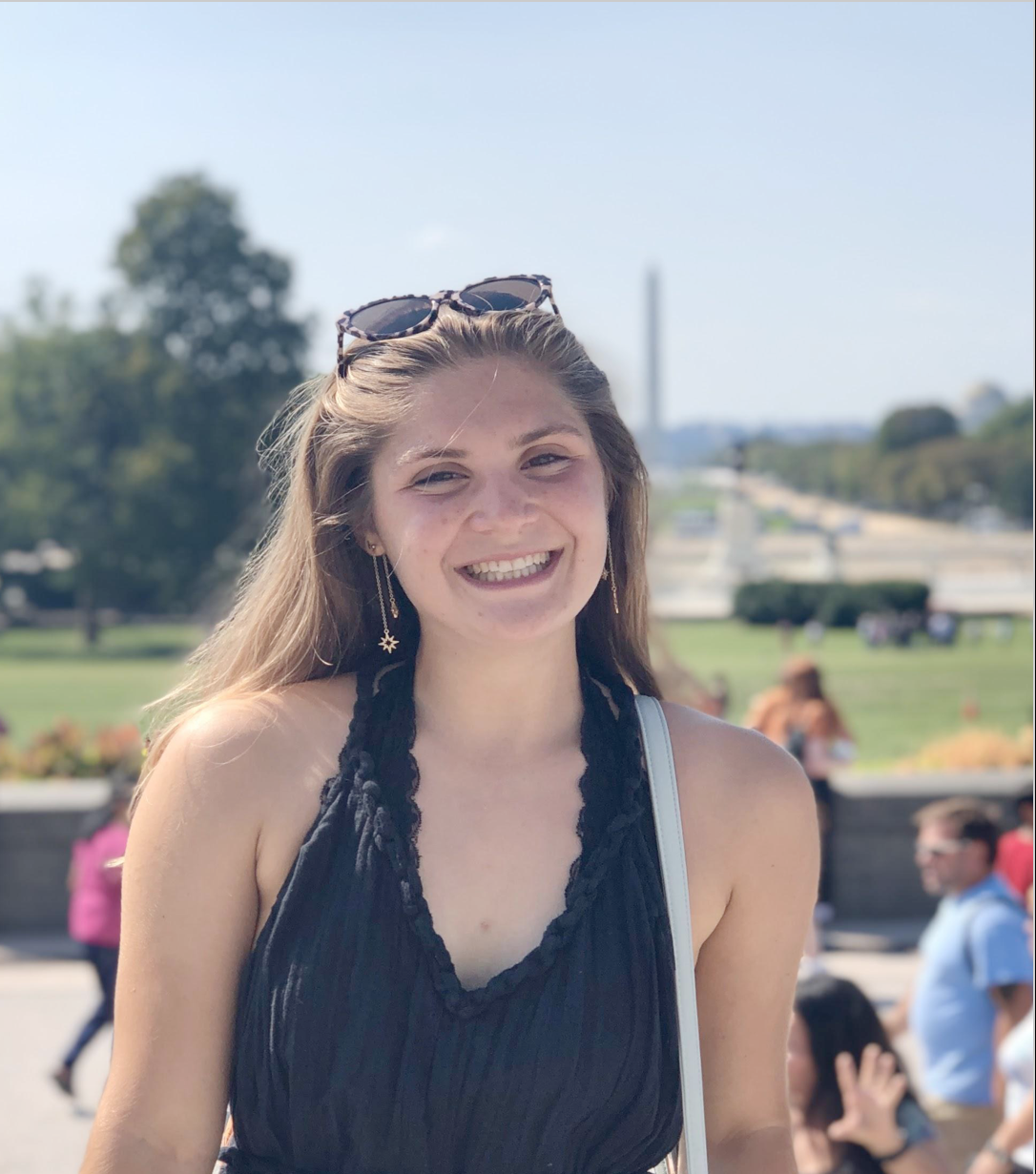Storytelling today is essential in an arts world defined by corporate creativity, or by content that endlessly promotes itself in capitalistic structures. Stories told by Zadie Smith, George Saunders, Nana Kwame Adjei-Brenyah, Paul Schrader and Andres Serrano, for instance, exist in diverse disciplines, but together ring a bell in the reader or observer's mind that reverberates long after the initial act of reading or observation. Such stories are at odds with a corporate creativity designed around commerce, designed to repeatedly sell one something. The storytelling I enjoy concerns itself with difference, conflict, refutation, resolution, and education, promoting, in essence, the humanities.
Through collaborating with The Creative Process, I am learning from and engage with a multiplicity of disciplines, artists, and educators.
I have great concerns and hopes about environmental sustainability. I believe that continued and heightened emphasis on education through the humanities (in fundamental collaboration with STEM fields) will yield widespread appreciation of human stewardship.
My final quarter at Northwestern was held online; in the case of an analog/experimental methods photography class held online, I had no access to a darkroom, film, or an enlarger. I still wanted to engage with an analog process, so I began making my own cyanotypes by painting the proper chemicals onto watercolor paper, creating digital negatives, and allowing the sun to finish the process.
I've also continued to write and revise a series of short stories — literary realism and speculative fiction — begun in my senior creative writing sequence. A story called "Sacrifice Fly" was just published in Northwestern's literary magazine, Helicon.
I plan on applying to international graduate programs that begin in the fall of 2021, ideally interdisciplinary Master's programs through which I can further my scholarship and artistic pursuits simultaneously.














































































